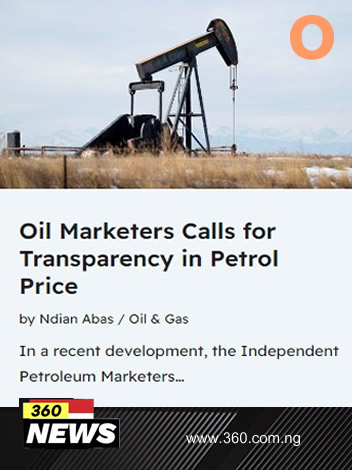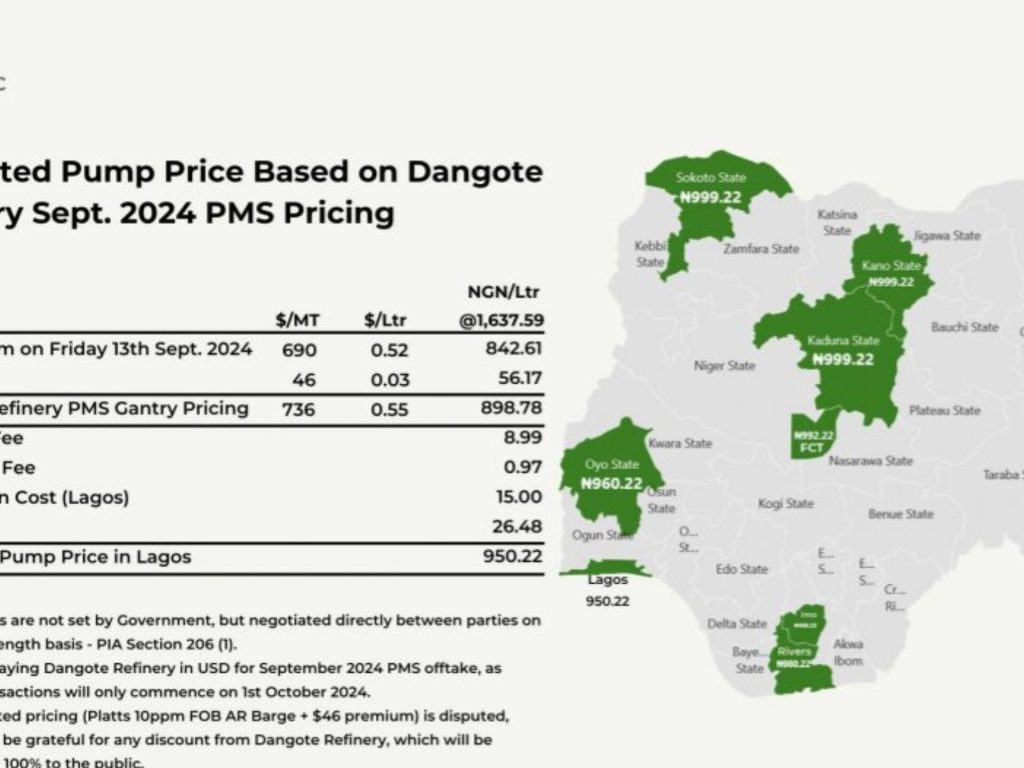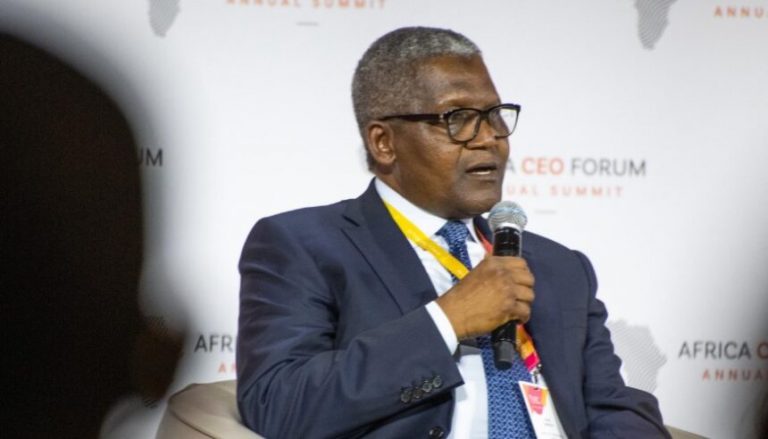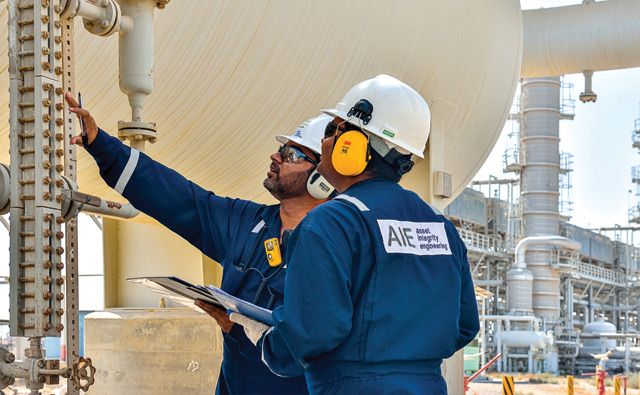Oil Marketers Calls for Transparency in Petrol Price
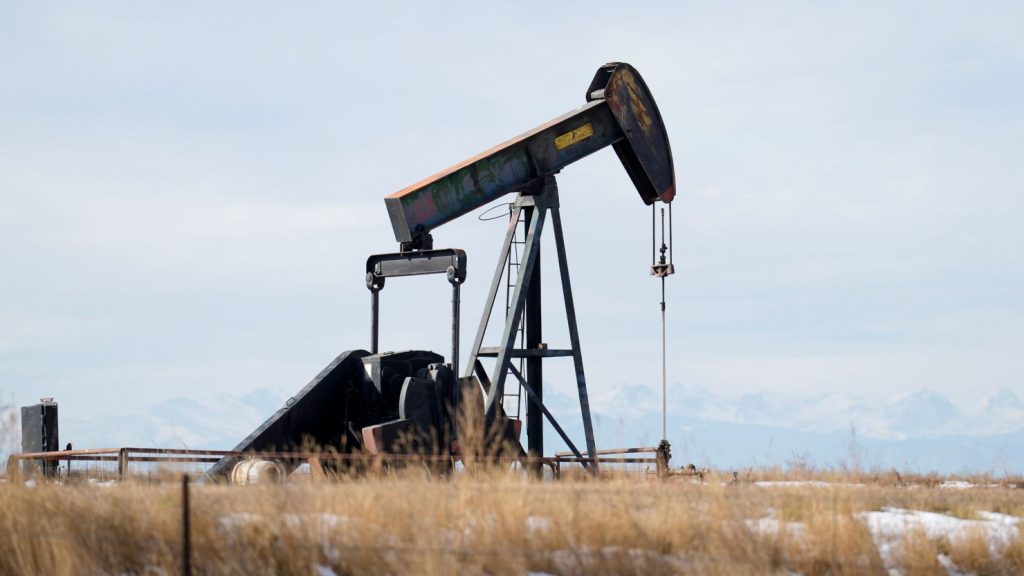
In a recent development, the Independent Petroleum Marketers Association of Nigeria (IPMAN) has raised concerns about the pricing of locally produced petrol from the Dangote refinery, calling into question the logic of selling it at a higher price than imported fuel.
“It doesn’t make sense,” said IPMAN’s John Kekeocha, expressing the association’s doubts over the rationality of NNPC’s pricing structure. The marketers highlighted that if NNPC can sell locally produced petrol at a higher price, it undermines the sense of celebration and progress that was associated with the launch of the refinery.
The confusion over the cost of locally produced petrol from the Dangote refinery has led to a back and forth between the NNPC, Dangote refinery, and IPMAN.
While NNPC claims to have procured petrol from the Dangote refinery at N898.78 per litre, the refinery has refuted this claim, terming it “misleading and mischievous.” Meanwhile, IPMAN has argued that locally produced petrol should, in theory, be cheaper due to the removal of logistical costs associated with importation.
As this pricing controversy unfolds, it is crucial to consider the broader implications for Nigeria’s oil and gas sector, and the potential impact on consumers. If locally produced petrol is more expensive, it could undermine the benefits that were anticipated from increased domestic refining capacity.
It is imperative for NNPC and Dangote refinery to clarify their pricing structure, and provide transparency to consumers and stakeholders. This will ensure that the benefits of domestic refining are realized, and that the nation’s oil and gas sector continues to advance towards greater self-sufficiency.
The recent development not only highlights the need for transparency and accountability in Nigeria’s oil and gas sector but also underscores the importance of effective communication between key stakeholders.
With the country’s reliance on imported fuel well-documented, the launch of the Dangote refinery was met with great anticipation and hopes for a more self-sufficient and stable petroleum industry. However, if these lofty ambitions are not matched by fair and transparent pricing, there is a risk of disillusionment and a loss of public trust.
As Nigeria continues to navigate the complex terrain of energy production and distribution, the case of the Dangote refinery serves as a cautionary tale.
While the country has the potential to become a regional energy powerhouse, such aspirations can only be realized through a holistic and transparent approach to the sector.
As the nation looks to capitalize on its vast resources, it is essential to strike a balance between economic growth and social justice. A thriving energy sector is only possible when the interests of all stakeholders—from government to private sector, to consumers—are taken into account and addressed with fairness and integrity.
References and Citations:
- PoliticNigeria – Oil Marketers reacts to NNPC’s new petrol pump price
- Thisdaylive – Oil Marketers: it makes no sense for NNPC to sell locally sourced petrol higher than imported fuel
- Business day – An Oil sector in the extreme
Picture News
